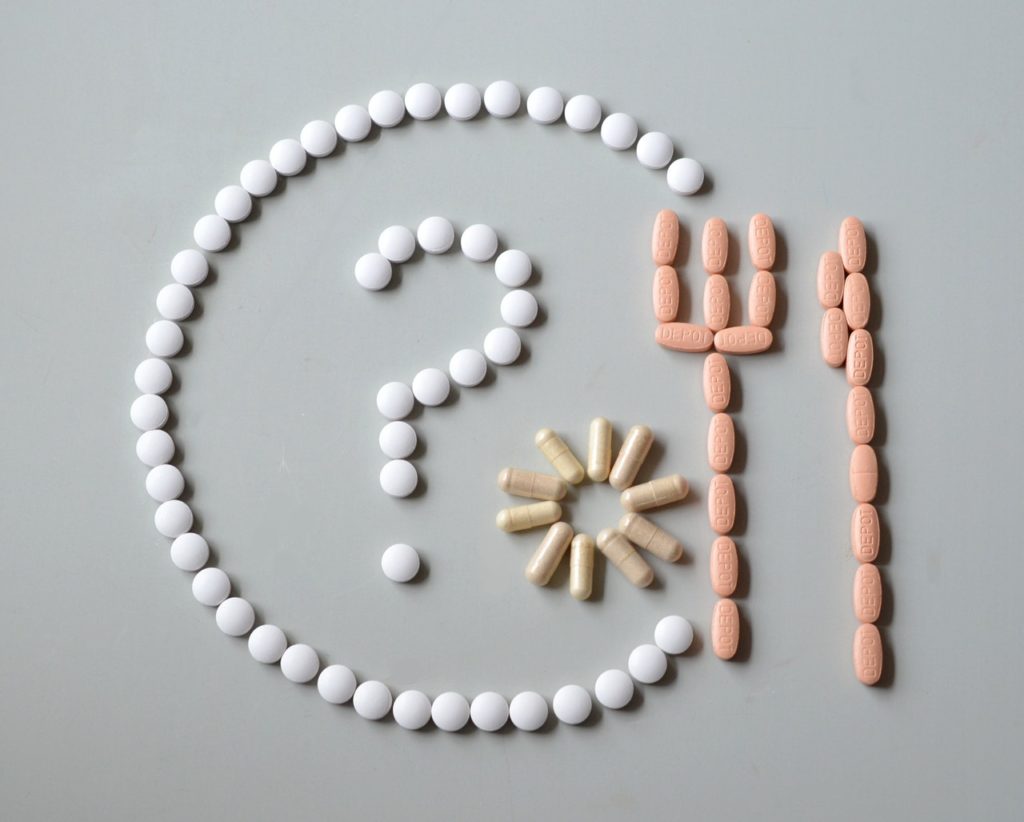
In a perfect world, scientists wouldn’t compete with each other for the acclaim that accompanies invention and discovery. Instead, they would collaborate, and all would claim some credit for debuting new life-saving prescription drugs. Merciless competition in today’s pharmaceutical industry, however, stifles cooperation among scientists. One of the biggest impediments to sharing data for the common good, is the “silo effect,” so-called, because researchers under contract to universities and pharmaceutical companies are, most often, forbidden to share research data. Once the last clinical trial is over and FDA approval of the therapy is awarded, patent constraints kick in that prevent free-market forces from ensuring competitive pricing. Unfortunately, the common good doesn’t take precedence over profits. We witness that every day in complaints from seniors that the cost of their prescription drugs is so high that they can’t afford both groceries and their medications.
OpenSourcePharma reports that a radical, alternative, end-to-end, open-source pharmaceutical system dedicated to breakthroughs in affordable medicine is possible. It would leverage exponential advances in collaborative technologies, alternative approaches to intellectual property, and the vast reach of the generics industry. The intent is to create an alternative, open-source pharmaceutical system driven by openness, patient needs, and affordability. It engenders radical openness, sharing, and transparency.
Among the principles that Open Source Pharma puts forth as a means of helping reduce the cost of drugs and therapies, are to:
- Create monetary and nonmonetary reward systems for R&D that are alternatives to the prevailing proprietary model.
- Support open access to papers, data, and other research outputs.
- Place patients and their interests at the center of the R&D model and the pharmaceutical system.
Sharing of data, used and produced, in biomedical research is still not practiced widely enough in the biomedical sphere. There continues to be a pervasive culture of peer review and perceived risk of being “scooped,” which are among the issues that have prevented the widespread adoption of biomedical data sharing, says Leigh Finnegan in her 2015 article Publish or Perish – How Can Publishers Support Open Data in DataScience@NIH . She writes that for those building their careers, and particularly for underrepresented groups who already face barriers in academia, being open isn’t as popular as it is likely to be in the future.
“There’s a generation of scientists who are running labs and running tenure committees who were brought up on a very different system,” says Virginia Barbour, who has worked at the Public Library of Science—one of the groups at the forefront of the open-access battle. “I have huge hopes on the generation that’s coming up, because they’re a generation built on openness and availability….” (Rose Eveleth’s, Free Access to Science Research Doesn’t Benefit Everyone, The Atlantic.


Leave a Reply